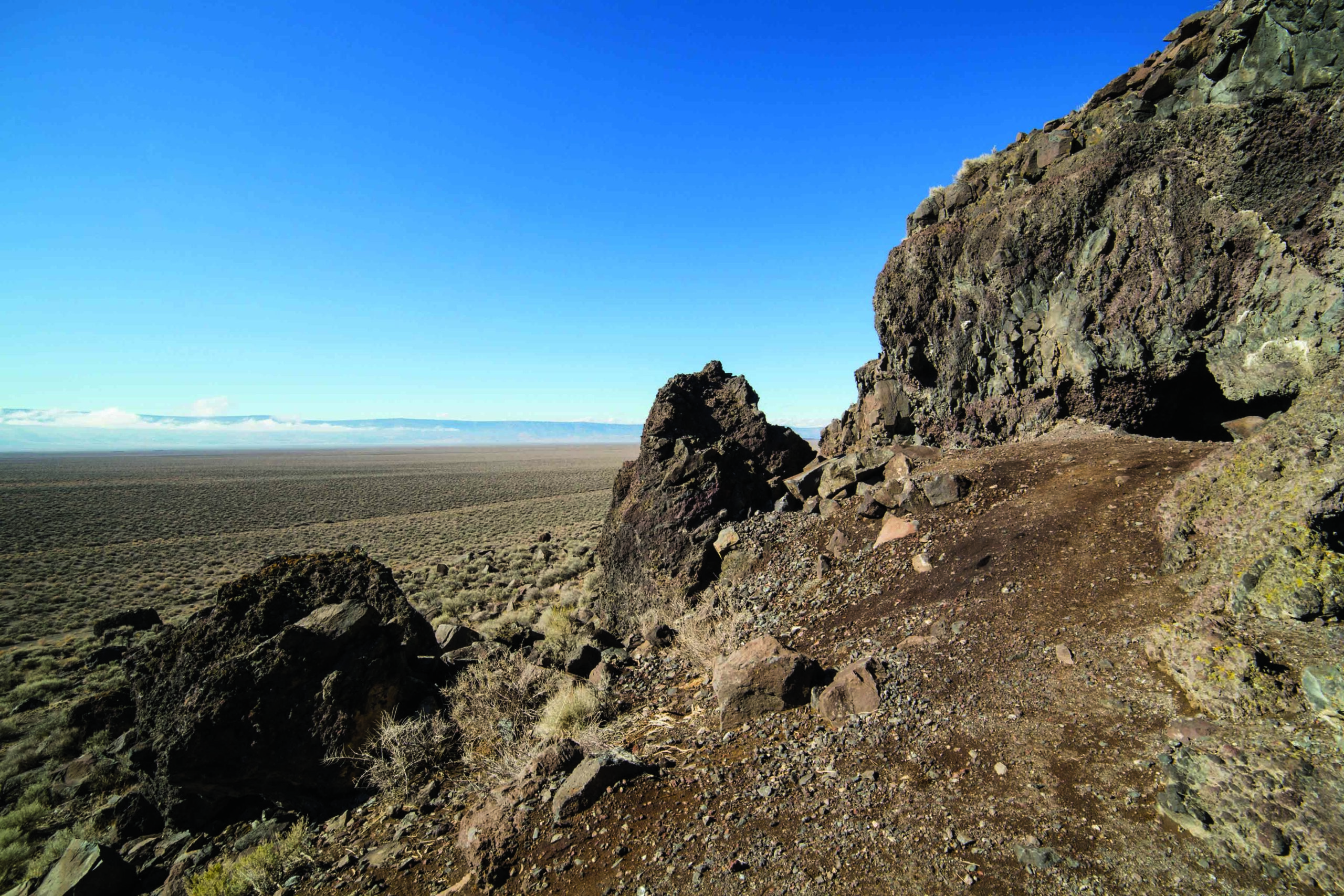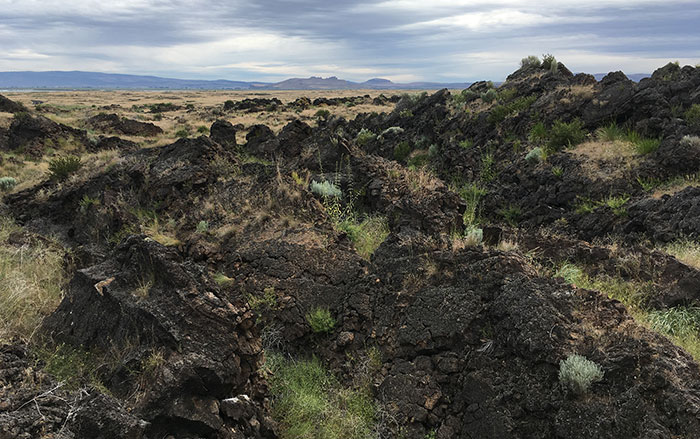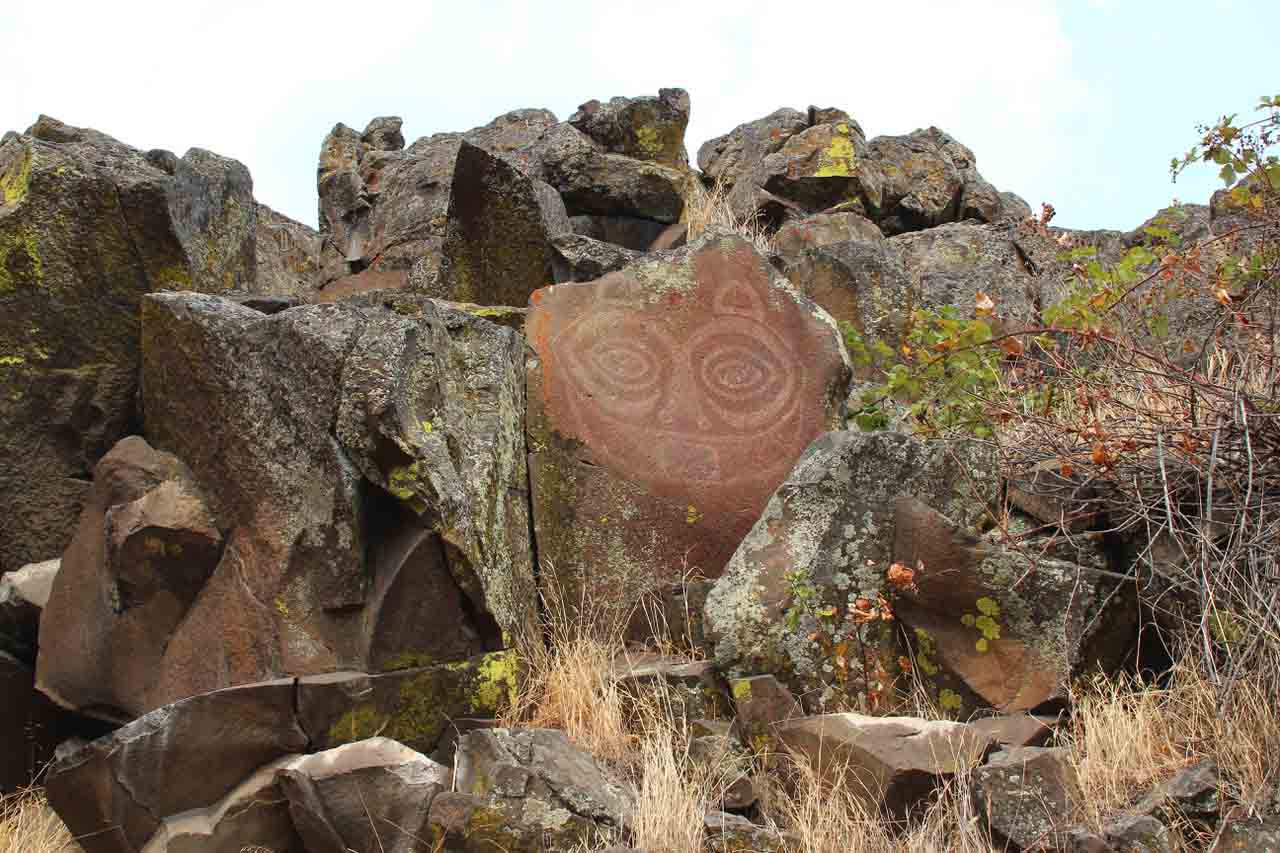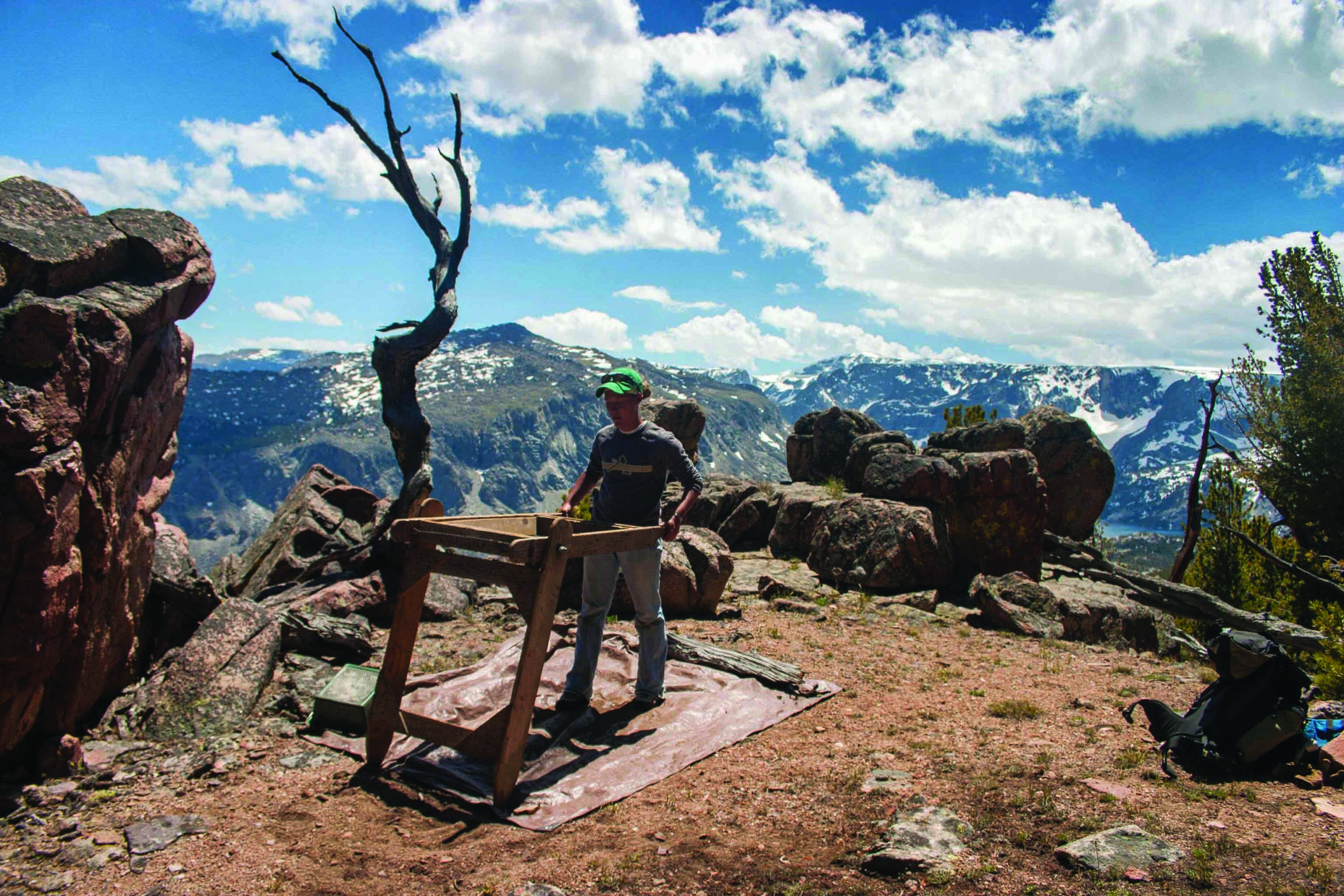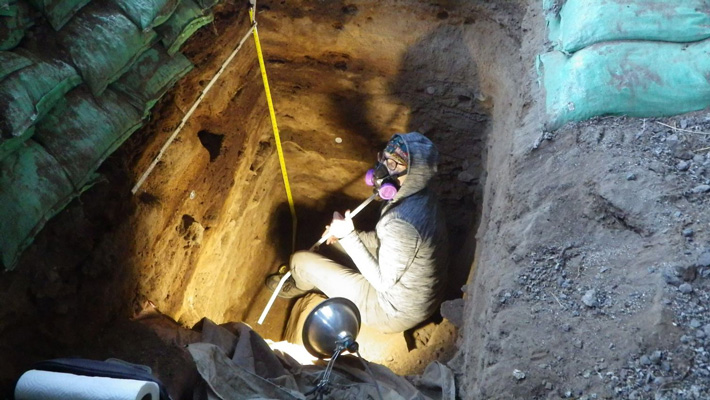
NEWCASTLE UPON TYNE, ENGLAND—Gizmodo reports that archaeologists John Blong and Lisa-Marie Shillito of Newcastle University and their colleagues tested 21 coprolites unearthed in Oregon’s Paisley Caves for the presence of human sterols and bile, which are not soluble in water and thus chemically stable. Previous mitochondrial DNA testing of the ancient waste indicated that all of the samples were human in origin, but critics argued that DNA from later occupation of the cave may have washed into lower, older cave sediments and contaminated the samples. “We address issues of potential DNA contamination through fecal lipid biomarker analysis, providing evidence that there likely was DNA moving from younger human occupations into older cave sediments and coprolites, but also confirming that people were camping at the caves as early as 14,200 years ago,” Blong said. In the new analysis, only 13 of the 21 samples were identified as human droppings, while one was linked to a panther and another to a lynx. The researchers are now analyzing the coprolites for clues to what those early campers had eaten. For more on Paisley Caves, go to "America, in the Beginning."


